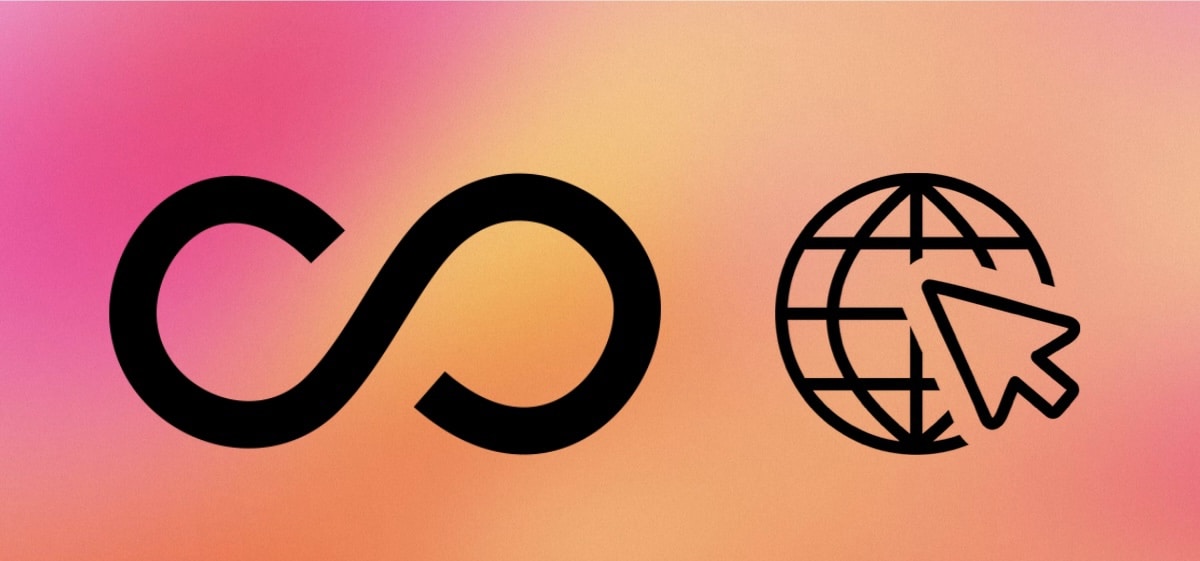Although data-capped broadband was once the norm, it's now virtually impossible to find a broadband deal that doesn't offer unlimited usage.
What is unlimited broadband?
Unlimited broadband is a type of broadband deal that allows you to use the internet as much as you want with no caps or restrictions in place.
Why do I need unlimited broadband?
Whether it's working from home, taking part in an online gaming session, or winding down after a long day by streaming an episode of your favourite show from Netflix, most of us use the internet in some capacity every day. And, as using the internet becomes more integral to our daily lives, so too does the need for having unlimited broadband.
While opting for a data-capped package was once considered a good way to save money on broadband, they are now almost non-existent. Unlimited broadband deals are now also cheaper than ever, with prices starting at less than £20 per month.
However, it's important to realise that depending on the provider, unlimited broadband doesn't always mean "unlimited".
What is truly unlimited broadband?
For most people, "unlimited broadband" means just that: unlimited and without restriction. However, there is unlimited broadband and then there is "truly unlimited" broadband. So, what's the difference?
Truly unlimited broadband has no usage cap, no fair usage policy and no speed throttling. This means that no matter what time of day you use the internet and no matter what you do online - whether that's regularly download large files, play games online, or stream films and TV shows - you’ll always receive the fastest service your broadband package and type supports.
For most customers, whether they have unlimited or truly unlimited broadband won't matter. However, if you're someone who intends to use the internet for activities that may be affected by traffic management or fair usage policies, for example, you regularly download large files or use file sharing sites, you'll want to make sure you choose a truly unlimited broadband deal.
It’s not always obvious whether a broadband deal is going to be truly unlimited or not. When comparing broadband packages, look out for mentions of traffic management and fair usage policies in the terms and conditions set out by the provider.
What is traffic management?
Traffic management is when a broadband provider adjusts download or upload speeds over its network at peak usage times to ensure all customers can enjoy a stable connection.
During peak times, lots of people are using the internet at the same time, placing strain on the broadband network. Those using the internet for bandwidth-heavy activities such as file sharing, downloading large files, or streaming a lot of content, can make the strain worse, eventually leading to the slowing down of the entire network.
To avoid this, some providers impose traffic management policies on these kinds of activities during peak times (typically between 4pm - 8pm).
What are fair usage policies?
A fair use policy (FUP) imposes limits on how much downloading you can do a month. A fair use policy can apply even if the package is being advertised as unlimited. FUPs are different to data caps in that, rather than limiting the amount of data you can use, they restrict how you can use your broadband.
FUPs are intentionally vague. This is so providers can continue to remain compliant in marketing their broadband services as 'unlimited'. As a general rule of thumb however, most broadband users will never exceed the parameters of a FUP.
Similar to traffic management policies, to find out if the broadband provider you intend to sign up with imposes a FUP, make sure to check the terms and conditions of the deal.
Do I need truly unlimited broadband?
Truly unlimited broadband means you won't ever need to be concerned about what you use the internet for, how often, and at what time of day. In other words, your broadband will never be artificially slowed by your Internet Service Provider (ISP).
However, truly unlimited internet isn't a necessity. If your online activities include music and video streaming, gaming, browsing the web and surfing social media - an unlimited broadband plan will usually suffice.
However, if you're worried that your usage will be heavier than this, then for peace of mind, you may want to opt for a plan with a provider that offers a truly unlimited connection.
Truly unlimited broadband providers
The following is a list of providers that offer truly broadband without traffic management or fair usage policies.:-
What download speeds will I get with unlimited internet?
The download speeds you get with unlimited internet will depend on the type of connection available to you:
- ADSL:- Otherwise known as 'standard' broadband. ADSL is the most widely-available type of broadband, but it is also the slowest, with average download speeds of 10Mbps.
- Fibre broadband:- Also known as 'Fibre to the Cabinet' (FTTC) or 'superfast' broadband, fibre broadband is now available to over 95% of the UK.
Fibre broadband involves running fibre optic cables from the telephone exchange to the green street cabinet. Then, from the cabinet to your home, copper telephone lines are used to deliver your broadband connection. Download speeds with fibre broadband generally range from between 36Mbps and 67Mbps.
- Ultrafast broadband:- Often referred to as 'full fibre' or 'fibre to the Premises' (FTTP), ultrafast broadband is the fastest and most reliable type of broadband available in the UK. Average download speeds for ultrafast broadband range anywhere from 100Mbps all the way up to 3,000Mbps.
Run a quote to see what type of broadband is available in your area.
Can I bundle unlimited broadband with other services?
Yes! Most broadband providers give the option of bundling your broadband with other telecommunications services such as a landline or TV.
Compare broadband deals
We find deals from all the top providers and help you switch.
